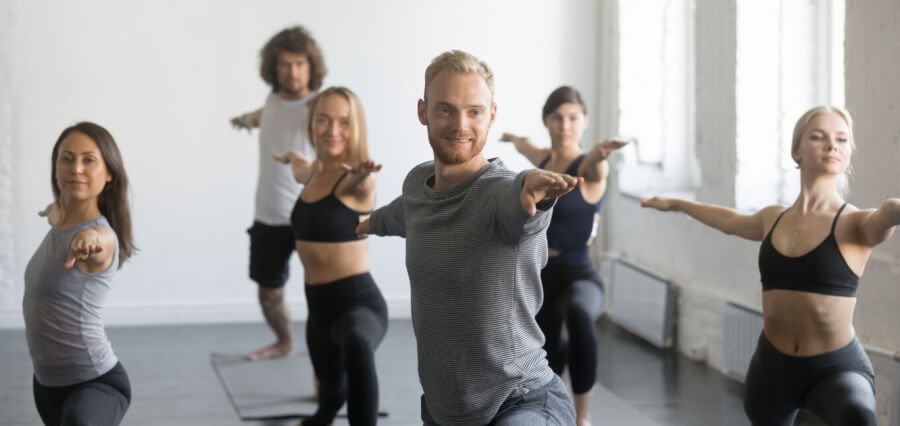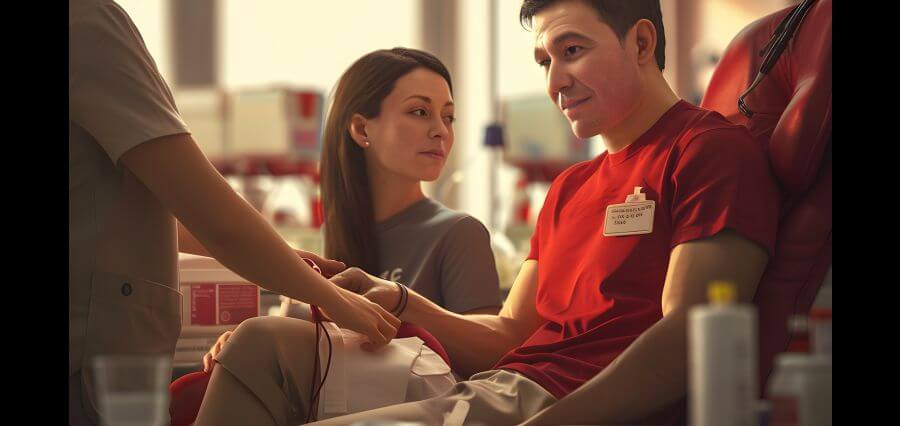According to US experts, tai chi combined with thinking exercises improves brain processes and multitasking in older persons with memory issues.
Tai chi has a long history and has been shown to provide considerable cognitive enhancement through activities that may assist at-risk individuals maintain their independence for longer. The UN’s world heritage organization, Unesco, has classified the ancient Chinese martial art, which consists of slow, deliberate movement sequences, as an intangible cultural treasure.
However, despite its centuries-old heritage, fresh insights into the possible advantages of this gaining in popularity practice are being unearthed. A recent study conducted in the United States found that thinking exercises along with tai chi, commonly referred to as taijiquan, may assist enhance mental processes and multitasking in older persons who struggle with memory.
The effects, according to the researchers, persisted for six months after the at-home training ended. This suggests that the cognitively enhanced program may be able to help at-risk individuals maintain their independence by slowing down the two to three years of cognitive decline.
The group, which included researchers from the Oregon Research Institute, concluded that “moderate-intensity taijiquan movement therapy with cognitive enhancement was clinically superior to standard taijiquan and stretching exercise in improving… cognition and reducing dual-task interference during walking” in a paper that was published on Tuesday in the peer-reviewed journal Annals of Internal Medicine.
In order to determine whether dual-tasking tasks could yield additional cognitive benefits, the researchers incorporated them into normal tai chi sessions. For instance, participants practiced recalling the names and numbers of forms, completed a tai chi form while the instructor purposefully gave them the wrong form, and performed forms without receiving any verbal or visual clues.
Read More: https://thecareworld.com/





